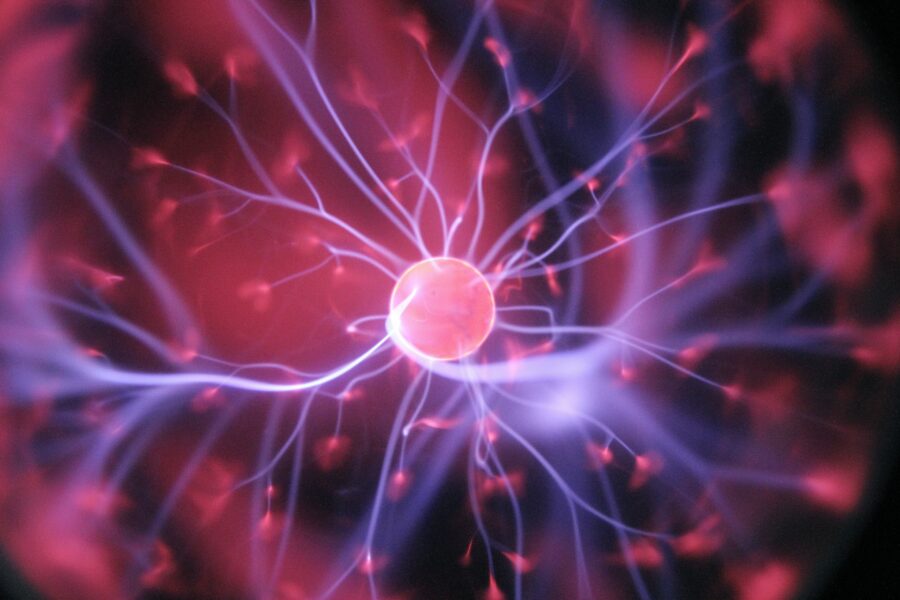
Dr Mohieldin Youssef, the lead researcher said “The presence of the gene helps with stress-resilience and if it’s removed, there’s an increase in depression, fear, and anxiety.”
Tob is named for the Japanese verb “tobu,” which means to fly or to jump. The gene is also known as the “Jumping Gene” because protein levels jump in activity when the cell is exposed to a stimulus.
For example, protein levels in the Tob increase when stimulated by acute stress. Youssef came to this conclusion after dropping mice into a bucket of water.
Mice with the Tob gene swam around looking for ways to escape. Mice that were born without the Tob gene simply floated on the surface of the water. Researchers link giving up with depression.
What we are seeing here is the classic fight-flight-freeze response which is associated with neural circuits in the hippocampus, prefrontal cortex, amygdala, and hypothalamus.
The brain utilises several mechanisms to cope with psychological stress. At the molecular level, acute stress induces transcriptional and translation responses.
When there is a defect in the genes, the mechanisms do not function as they’re supposed to. In the Japan study, it was identified that a lack of Tob gene activity in the hippocampus increased levels of fear and anxiety.
The researchers also discovered that mice without the Tob gene “didn’t seem to learn.” When these mice were placed in an environment that aroused fear but ultimately turned out to be safe, the mice with inhibited Tob cells continued to show symptoms of fear.

Using MRI technology, researchers were able to detect that stress resilience was absent when there was no connectivity between the hippocampus and the pre-frontal cortex.
When the jumping gene is stimulated in the hippocampus, fear and depression levels were regulated. However, the mice still had anxiety.
However, when the Tob cells are activated in the rest of the body, the mice were not anxious.
This shows that the hippocampus has a strong connection to fear and depression, but not anxiety as previously suspected.
The researchers concluded that Tob also participates in the creation of neurones which impact behavioural patterns and traits.
A previous study indicated that anxiety might be regulated by the hippocampus and the amygdala. The Japanese study eliminates the hippocampus plays a role in anxiety but it does play a role in fear and depression.
The hippocampus is responsible for memory formation, spatial formation and navigation. This enables us to encode the environment in something like a cognitive map and remember where things are and what happens to us.
In short, it decodes your experiences in life and creates programs that are then stored in the subconscious.
There are strong links to show that the hippocampus is responsible for the organisation and storage of new memories, in particular, facts and events. But it also plays a role in connecting sensations and emotions to experiences which then become attached to the memory.
Moreover, the hippocampus is one of the few parts of the brain where neurogenesis occurs – the new formation of neurones. However, the hippocampus does not retain these neurones. They are transferred to long-term storage centres.
Neurones shape brain function and transfer information to cells. When cells receive the same information, their long-term memory is reinforced. As neuroscientists say, the more a neurone is fired, the more it is wired.
It is the information in these cells that prompt our patterns of behaviour, attitudes, beliefs and personality traits. All the experiences we have in life mould who we are today.

The hippocampus receives input from other regions of the brain which collect information from our environment. Our experience of life is how memories are formed and subsequently stored.
However, the Japanese study indicates that if the hippocampus is receiving too much external information that induces stress, the Tob gene may be overwhelmed. Previous studies have also shown that prolonged stress causes various neurobiological changes in the hippocampus.
This means that the more often you experience stress, the less effective the Tob gene is. If the Tob gene does not regulate new memory cells, the build-up in our long-term memory bank is filled with information that causes, fear, depression and anxiety.
So what causes fear and anxiety for you on a daily basis? And what can you do to alleviate stress and overcome anxiety and depression?
